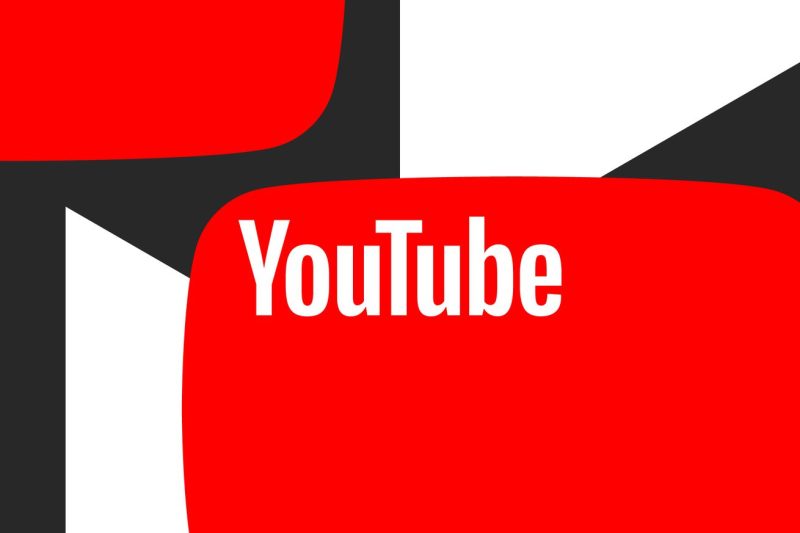In recent years, artificial intelligence (AI) technology has become increasingly prevalent in various industries, including the music business. Major record labels have been exploring ways to leverage AI to enhance the music creation and distribution process. One of the most notable developments in this regard is YouTube’s efforts to make AI music deals with major record labels.
YouTube, a leading platform for streaming music and videos, has been working on integrating AI technology into its operations to improve various aspects of the user experience. The platform has long been a popular destination for music lovers to discover new songs, artists, and genres. By collaborating with major record labels, YouTube aims to enhance its music offerings through AI-generated content.
The partnership between YouTube and major record labels signals a significant shift in the music industry towards the adoption of AI technology. AI-powered tools can analyze vast amounts of data to identify trends, preferences, and patterns in music consumption. By utilizing AI algorithms, record labels can gain valuable insights into audience tastes and tailor their music offerings accordingly.
One of the key advantages of AI-generated music is its potential for personalization. By leveraging AI technology, record labels can create customized music recommendations based on an individual’s listening history, mood, and preferences. This level of personalization can help drive engagement on streaming platforms like YouTube and provide users with a more tailored music experience.
Moreover, AI can also help streamline the music creation process by assisting artists and producers in composing, arranging, and producing songs. AI algorithms can generate melodies, harmonies, and rhythms based on predefined parameters set by music creators. This collaborative approach between human musicians and AI technology can lead to innovative and unique music compositions.
However, the integration of AI technology in the music industry also raises important questions about copyright, ownership, and attribution. As AI-generated music becomes more prevalent, there is a need to establish clear guidelines and regulations regarding the creation and distribution of AI music content. Major record labels, in collaboration with platforms like YouTube, must ensure that artists are properly credited and compensated for their work.
In conclusion, YouTube’s efforts to make AI music deals with major record labels highlight the growing influence of AI technology in the music industry. By leveraging AI algorithms, record labels can enhance the music creation process, personalize music recommendations, and drive engagement on streaming platforms. As AI continues to reshape the music landscape, it is essential for stakeholders to address legal and ethical considerations to ensure a fair and sustainable music ecosystem.




























